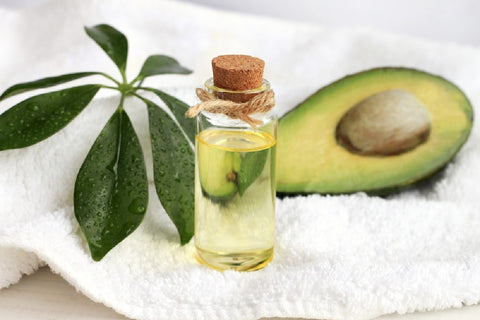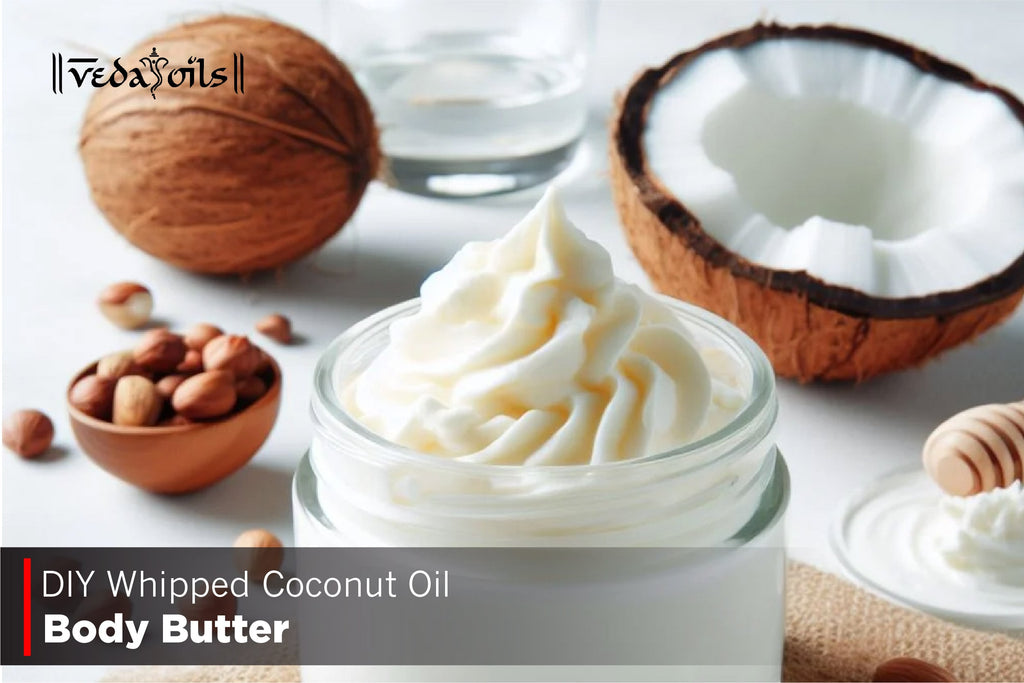Natural facial oils are becoming more and more well-liked, and for good reason they may offer more cosmetic advantages than store-bought, chemical-laden facial products. Avocado oil and grapeseed oil are two of the most popular natural oils for skin and hair. Grapeseed oil and avocado oil differ not only in composition but also in benefits, texture, and appearance.

Grapeseed oil has a high smoke point and is less nutrient-dense than avocado oil, which boasts a deeper, more buttery texture. This article compares and contrasts avocado oil with grapeseed oil, highlighting variations in their natures and uses for skin and hair. Read on to know all about avocado oil vs grapeseed oil.
What Is Avocado Oil?
It's interesting to note that this oil is equally as popular for cooking as it is for skin and hair care. Vitamins A, E, and K are just as healthful when ingested orally as they are when applied topically, and avocado oil is rich in these elements.
The same procedures are used to produce avocado oil as for grapeseed or even olive oil. The avocado fruit's flesh, which is turned into a pulp and separated from the pit and peel prior to processing, is used to make the oil.
What Is Grapeseed Oil?
There are two primary methods for obtaining oil from grape seeds: pressing the seed or utilising solvents and heat. The most conventional method of extracting oil from seeds is expeller pressing, which has been used for centuries. This is considered to help safeguard the oil's nutritional benefits.

The wine industry produces grapeseed oil as a byproduct, which is not only a clever commercial decision but also ensures that the maximum amount of grapes are utilised. The process of cold-pressing makes use of expeller pressing, but does so in a climate-controlled environment where the temperature of the seeds and finished product is kept below 120°F.
Difference Between Avocado Oil And Grapeseed Oil
Even though they are two of the most often used beauty oils, avocado and grapeseed oil have significantly distinct qualities.
1. Ingredients:
Grapeseed oil is produced from the seeds of grapes, whereas avocado oil is produced from the flesh of the avocado fruit. Notably, wine producers provide the majority of these seeds.
2. Color:
Avocado oil is significantly more viscous and has a strong green/yellow hue as a result of the components employed. Grapeseed oil is transparent and light in comparison.

3. Making:
Avocado oil is created by pressing the fruit's flesh. Although grapeseed oil is produced by pressing grape seeds, the two oils differ in the area of the fruit or berry from which the oil is taken.
Avocado Oil Vs Grapeseed Oil For Hair
You are now aware of what avocado oil and grapeseed oil are. We have also told you how these two differ from each other. Now, let’s start getting into avocado oil vs grapeseed oil for hair. Some interesting information ahead!
Avocado Oil
Breakage can eventually result from dry hair. Since most oils are heavy and have a thick viscosity, they are difficult to penetrate the hair shaft. Your hair strands may become brittle as a result. But because of its exceptional moisturising qualities, avocado oil can remedy this issue.
You can decrease this problem by using avocado oil, which is rich in lipids that offer needed hydration to the hair. However, avocado oil has oleic acid and monounsaturated fats that make it easier for it to permeate the hair shaft and hydrate your hair. Shampoos and other hair products typically deplete the scalp of its natural oils, sometimes referred to as sebum.

Grapeseed Oil
In addition to being a great moisturiser, grapeseed oil also contains anti-inflammatory effects. It could aid in reducing dandruff brought on by a dry, flaky scalp. It works great as a massage oil and hydrates your hair and scalp.
It is odourless and light, making it a potential superior substitute for coconut or olive oils. Warm grapeseed oil should be applied to your scalp and gently rubbed in a circular manner. Grapeseed oil, which is nutrient-rich, calms the scalp and softens and silkens your hair. It also works well as a conditioner.
Avocado Oil Vs Grapeseed Oil For Skin
That was all about avocado oil vs grapeseed oil for your crowning glory. Wondering how these oils benefits your skin? Read on to find out how!
Avocado Oil
Fatty acids and vitamins A, D, and E are abundant in avocado oil. According to research on animals, these nutrients can encourage the growth of collagen to speed the healing of wounds and increase the tensile strength of the skin.

After procedures like dermabrasion, the skin can be moisturised using avocado oil. This could encourage the production of collagen and maintain the youth of your skin. Avocado oil can effectively help reduce and prevent signs of ageing.
Grapeseed Oil
Vitamin C, which is abundant in grapeseed, can help shield your skin from the harm that the sun's ultraviolet (UV) rays can do. Skin damage is caused by free radicals in your body.
These free radicals are combated by vitamin C's antioxidant action, which also reduces the damage they cause to skin cells. Additionally, vitamin C increases the likelihood that UV-exposed cells will survive.
Avocado Oil Vs Grapeseed Oil - Which Is Better?
Avocado oil is a multipurpose hair oil that has several advantages. It is good for practically all types of hair and has a great penetration power. This hair oil has several advantages to enhance the general health of the hair, from hydrating the hair to minimising hair damage. You can benefit from avocado oil if you choose the proper kind (cold-pressed and natural) for your hair type.

Vitamin E, vital fatty acids, and potent antioxidants are abundant in grapeseed oil. It works wonders to revive the scalp and encourage hair growth. This thin, multipurpose oil hydrates the scalp, fortifies the hair roots, and nourishes your hair. Grapeseed oil may be used to treat hair care concerns such split ends, hair loss, and frizz. Use it as a hair mask, spritz, light moisturiser, or massage oil.
Using avocado oil on your skin has a number of advantages. Due to its high vitamin content, the skin is moisturised, collagen formation is increased, and ageing and dark spots are delayed. Depending on your preferences, avocado oil can be readily included into your beauty routine as a hydrating lotion, moisturising face mask, and bath oil.
Unexpectedly, grapeseed oil proves to be more of an overachiever than we anticipated because it is brimming with nutrients that improve, safeguard, and moisturise the skin. This oil has a high vitamin C content and can benefit your skin in a number of ways. This oil can be consumed or used topically as a scrub or face mask.
Conclusion
That’s it! In this blog, we have tried to cover up all the essential differences between avocado oil and grapeseed oil and also specific uses for skin and hair. They are both extremely advantageous in their own ways. Wondering where you can get these oils? Look no further than Veda Oils! We have got you covered with the most premium quality oils, check it out now!
Frequently Asked Questions
Here are some frequently asked questions about Avocado Oil vs Grapeseed Oil!
Q.1 Is Grapeseed or Avocado Oil Better for You?
Ans: Both oils are beneficial for you in their own ways. You can try out both of them and see which suits you best.
Q.2 Which Is Better Avocado Oil Or Grapeseed Oil?
Ans: Avocado oil and grapeseed oil can both do wonders for your hair and skin. We recommend trying out both and see which you like more.












 Sign in
Sign in Register now
Register now My Reward Points
My Reward Points









